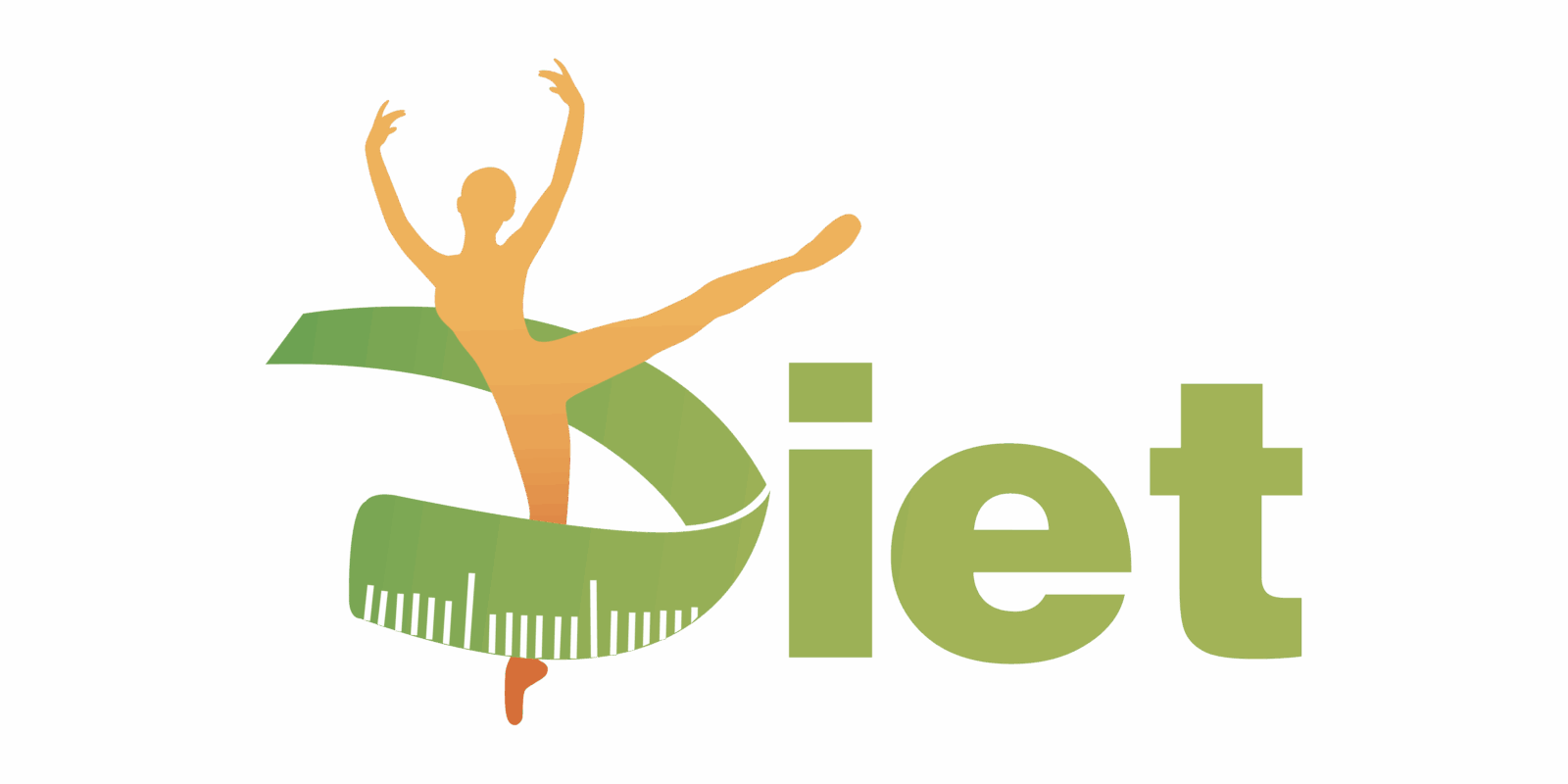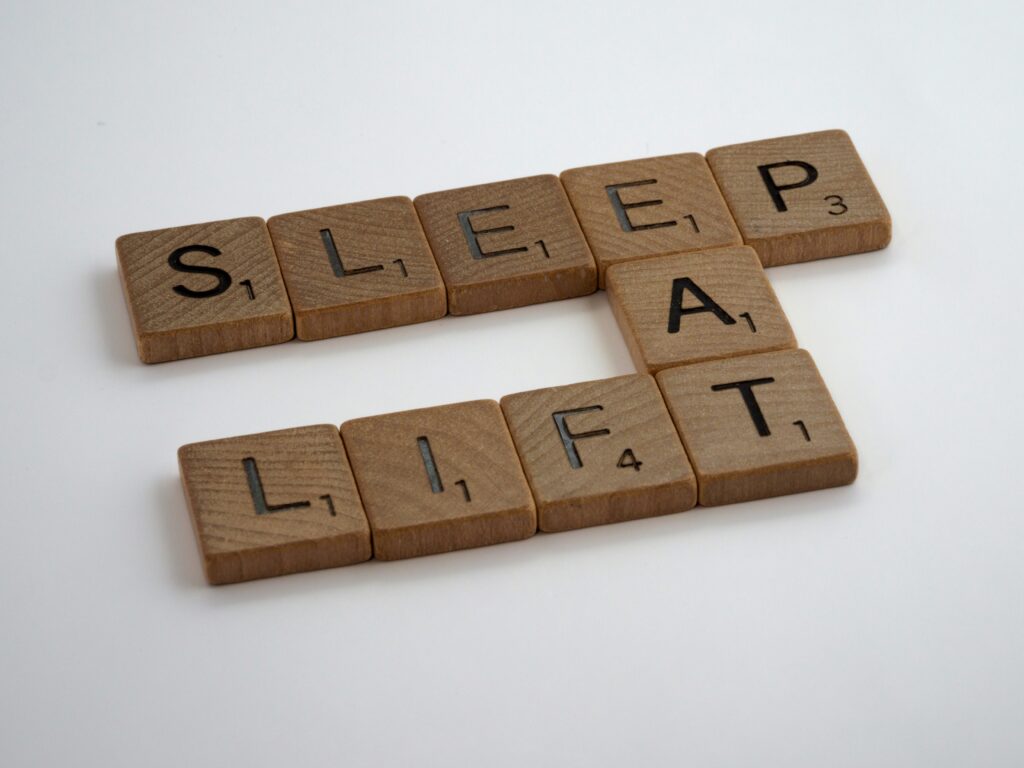Sleep doesn’t get the spotlight in diet and fitness conversations, but it should. It’s the hidden variable that affects everything from how your body burns calories to the cravings that steer you off track. You can dial in your macros, crush your workouts, and still spin your wheels if you’re cutting corners on rest.
Here’s why: when you don’t sleep well, your body panics. Hormones like ghrelin (which makes you feel hungry) shoot up, while leptin (which signals fullness) drops. At the same time, your insulin sensitivity tanks, which can mess with how your body stores fat. Add in fatigue, and suddenly a cupcake looks like a survival tool.
So the real question isn’t always “Why can’t I lose weight?” but rather “Am I giving my body time to reset?” Often, the battle isn’t between working out and overeating — it’s between your intentions and your exhaustion. Sleep might be the most underrated part of any health plan, and in 2024, it’s about time it gets its due.
How Sleep Loss Fuels Unhealthy Eating Habits
Sleep isn’t just essential for energy—it also plays a major role in appetite control and food decisions. When you’re running on low rest, your brain chemistry changes in ways that make it harder to eat well.
What Happens to the Brain When You’re Tired
A sleep-deprived brain seeks quick rewards. After limited sleep, the areas of the brain responsible for decision-making and impulse control are less active, while those tied to pleasure and reward become more responsive. This means our brains are wired to crave high-calorie, high-sugar foods when we’re tired.
- With less sleep, the brain amplifies the appeal of junk food
- You’re more likely to crave instant energy sources like carbs and sweets
- Fatigue dulls your ability to assess what your body truly needs
The Late-Night Snacking Trap
Poor sleep and late-night eating often go hand in hand. Fatigue lowers your motivation to prepare balanced meals, making packaged snacks and fast food more tempting—especially late at night when your body’s hunger and satiety cues are already off balance.
- Tiredness increases the chances of impulsive eating
- Nighttime tends to be when willpower is at its lowest
- Many people eat not from hunger, but to stay awake or as a comfort mechanism
Willpower Wears Down Without Rest
Even the most disciplined eater can have a hard time sticking to healthy habits after a bad night of sleep. That’s because sleep directly impacts your willpower and executive function. The less you sleep, the harder it becomes to resist cravings.
- Sleep loss weakens the mental energy needed to make smart food choices
- Emotional regulation suffers, leading to stress-driven eating
- Decision fatigue makes convenience foods more appealing, even when you know better
Getting consistent, quality rest is one of the most effective ways to support healthy eating habits. When your brain is well rested, your ability to make mindful food choices improves significantly.
Sleep isn’t just about rest. It’s a hormonal reset button that affects everything from cravings to calorie burn. When sleep is cut short, three key hormones go off track: cortisol, insulin, and ghrelin.
Cortisol, the stress hormone, rises when you’re underslept. Higher cortisol levels signal the body to hold onto fat, especially around the belly. Insulin sensitivity also drops, which means the body doesn’t handle blood sugar as efficiently. That can lead to fat storage even when you’re not eating more. Then there’s ghrelin—your hunger hormone. Poor sleep ramps it up, making you crave energy-dense foods, mostly carbs and sugar.
Metabolically, the system slows down. Clinical research shows that people who consistently sleep less than six hours a night burn fewer calories at rest and lose more lean muscle during weight loss attempts. Multiple studies confirm that sleep-deprived individuals lose less fat even when eating fewer calories.
If you’re cutting calories and hitting the gym but ignoring sleep, you’re handicapping your results. Fix your sleep first. Fat loss follows.
Consistency with movement and training does more than sculpt a good-looking reel. It directly supports recovery, physical performance, and stress management. Your body adapts when it knows what to expect. Sleep quality improves. Muscles bounce back faster. The gains stick.
But it’s not just lifting more or running faster. Showing up regularly has a way of stabilizing your mood and building confidence. The small win of doing what you said you’d do becomes a useful loop. Habit builds mental momentum, and that momentum bleeds into other areas of life—food choices, sleep, even work.
And when it comes to fat loss, the slow lane wins. Steady movement plus consistent training helps preserve muscle mass while guiding the body toward long-term metabolic change. The scale doesn’t always reflect it day to day, but smart movement is the difference between crash diets and lasting change.
Sleep: The Underrated Fat Loss Tool
Sleep is not just recovery time — it’s a key player in how your body burns fat. Most adults need between 7 and 9 hours of quality sleep per night to support weight management. Skimping on rest does more than make you groggy — it messes with your hunger hormones, slows your metabolism, and makes workouts harder to recover from.
Improving sleep quality starts with the basics. Kill screen time at least an hour before bed. Blue light from phones and TVs keeps your brain wired. Build a wind-down routine — think reading, stretching, or just shutting things down early. Room too bright? Blackout shades. Background noise? White noise machine or a fan. Even 15 to 30 minutes of morning sunlight can help reset your internal clock.
As for tracking your sleep, smartwatches and sleep bands are helpful — but not gospel. Pay attention to how you feel. If you wake up tired and crash by midafternoon, that’s your body telling you that something’s off. Use the tech as a guide, not a rulebook. Make small adjustments and test what works.
Sleep isn’t an add-on. It’s part of the plan.
Hitting a wall after doing everything right can feel like a bad joke. You’re getting decent sleep, eating clean, hitting your workouts—and yet the scale won’t budge. When that happens, it’s time to stop guessing and start investigating.
Start with the basics: Are you truly eating at a deficit, or just estimating? Stress can also sabotage progress in sneaky ways. Beyond that, look into things that aren’t visible in a mirror—hormonal imbalances, thyroid issues, and metabolic slowdowns are real and more common than most think.
If rest hasn’t reset the stall and consistency isn’t fixing it, talk to a professional. Blood work can expose what macros alone won’t solve. Things like cortisol levels, insulin resistance, or low T can all be roadblocks.
For a deeper rundown on navigating stubborn plateaus, check out this guide: Breaking Through Plateaus: What to Do When the Scale Won’t Budge.
Sleep is not just recovery time. It’s part of your baseline. You can’t outrun bad sleep with caffeine or fix it later with a healthy smoothie. Miss enough of it, and performance drops—creatively, physically, mentally.
Vloggers especially burn out fast when rest is sidelined. Shooting, editing, publishing, engaging—it’s a tight cycle. Without decent rest, quality tanks. Ideas feel flat. Energy fizzles. And your audience can tell.
Think of sleep like your next workout or your next edit session. Schedule it. Protect it. Respect it. Because without it, nothing you build actually holds.
Bottom line: if you want longevity in the content game, your sleep has to be part of your strategy.

